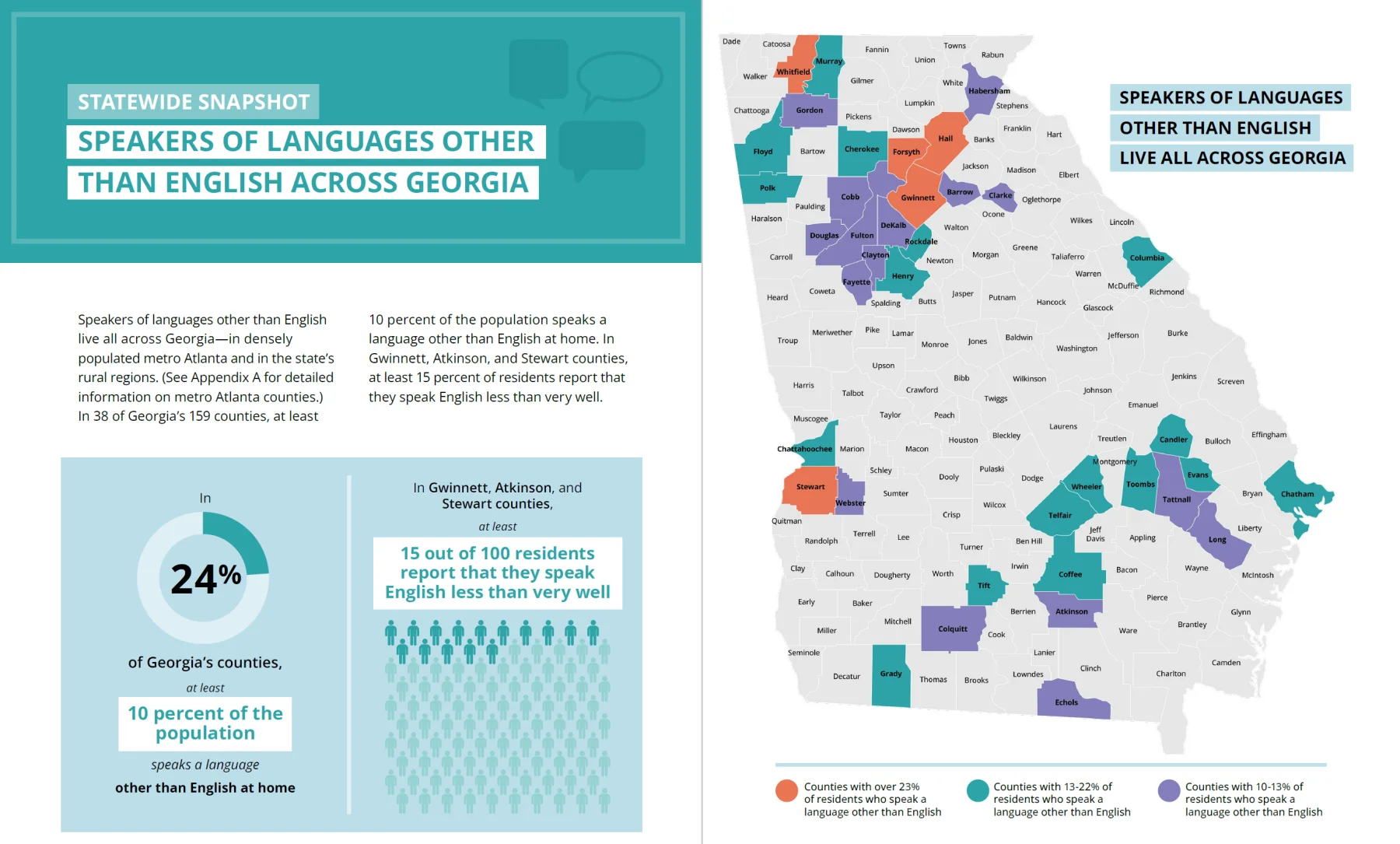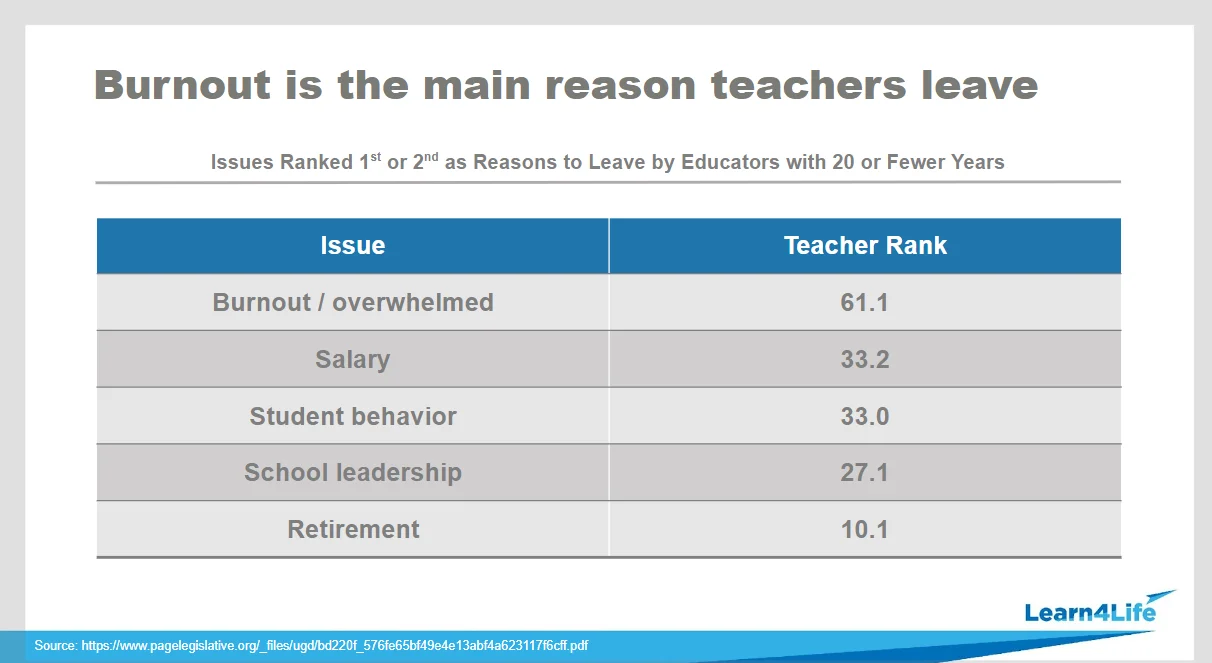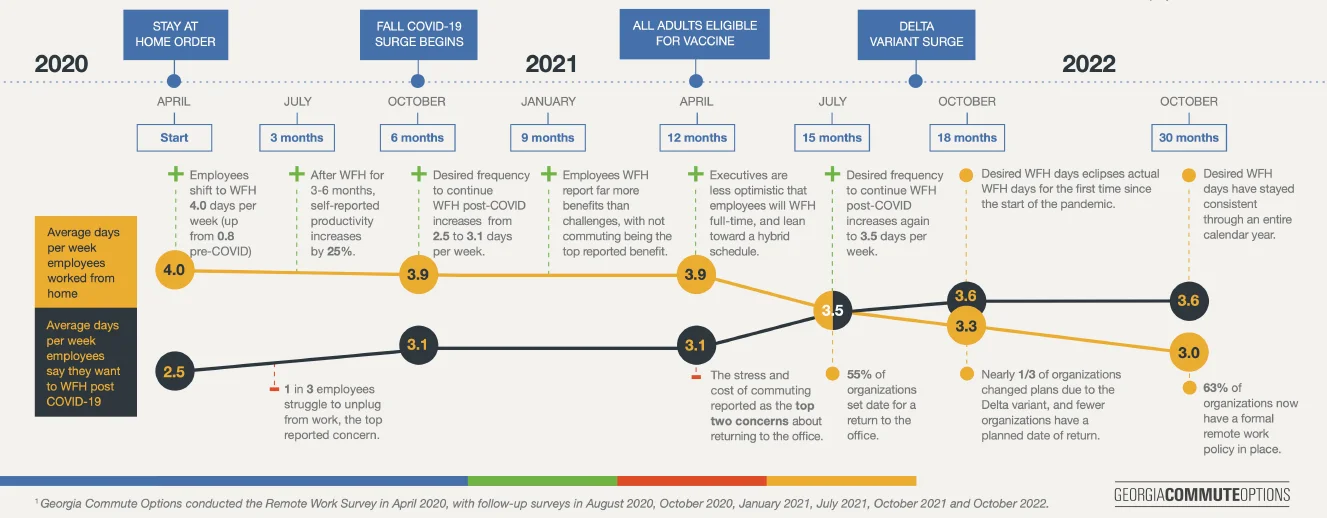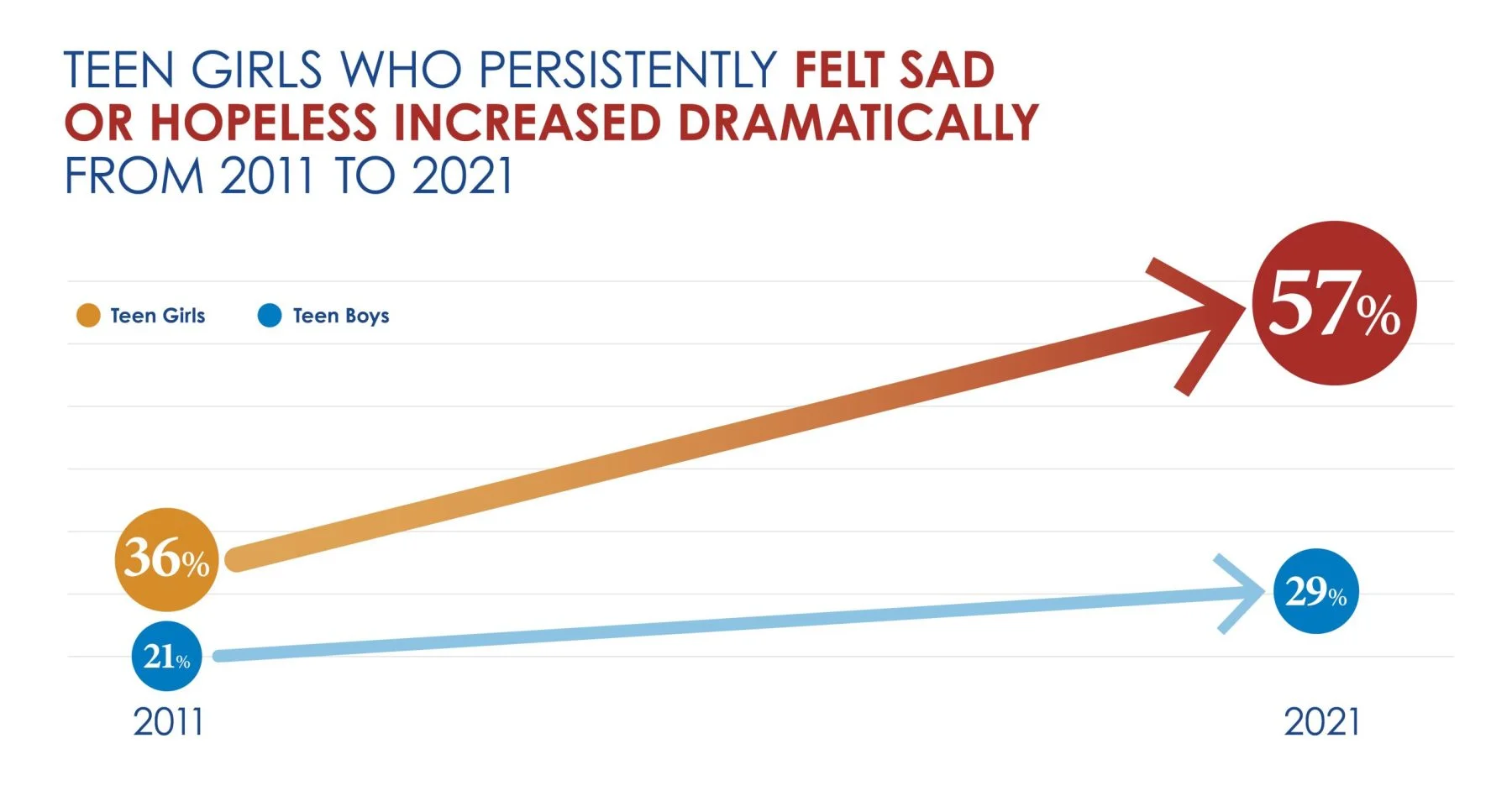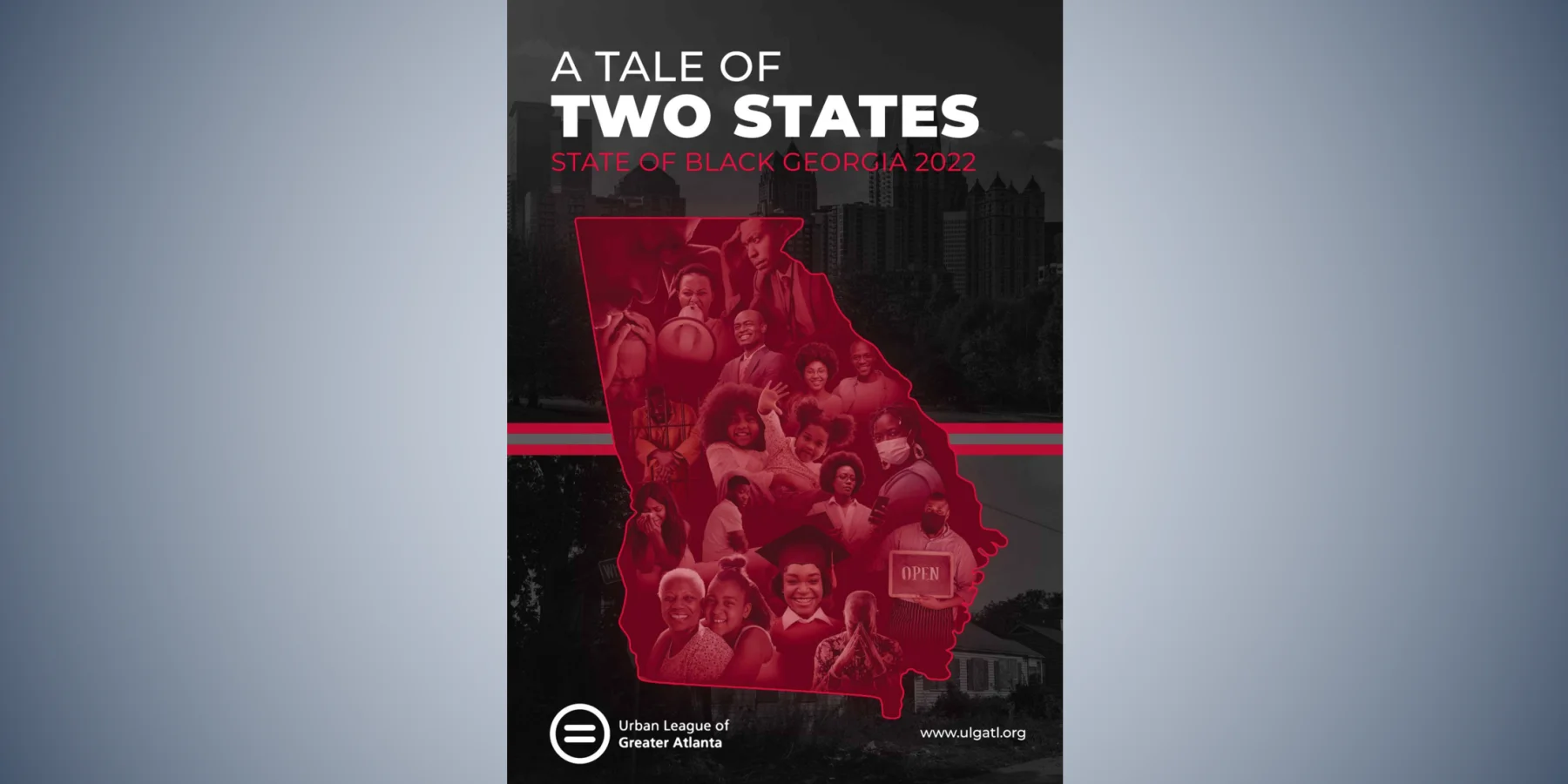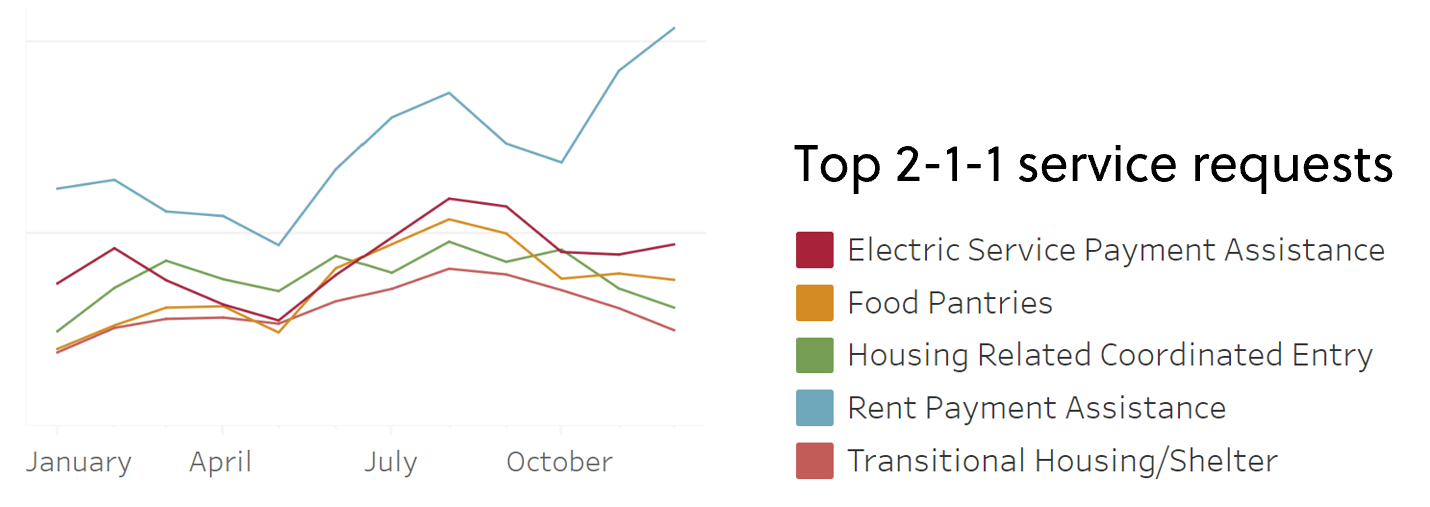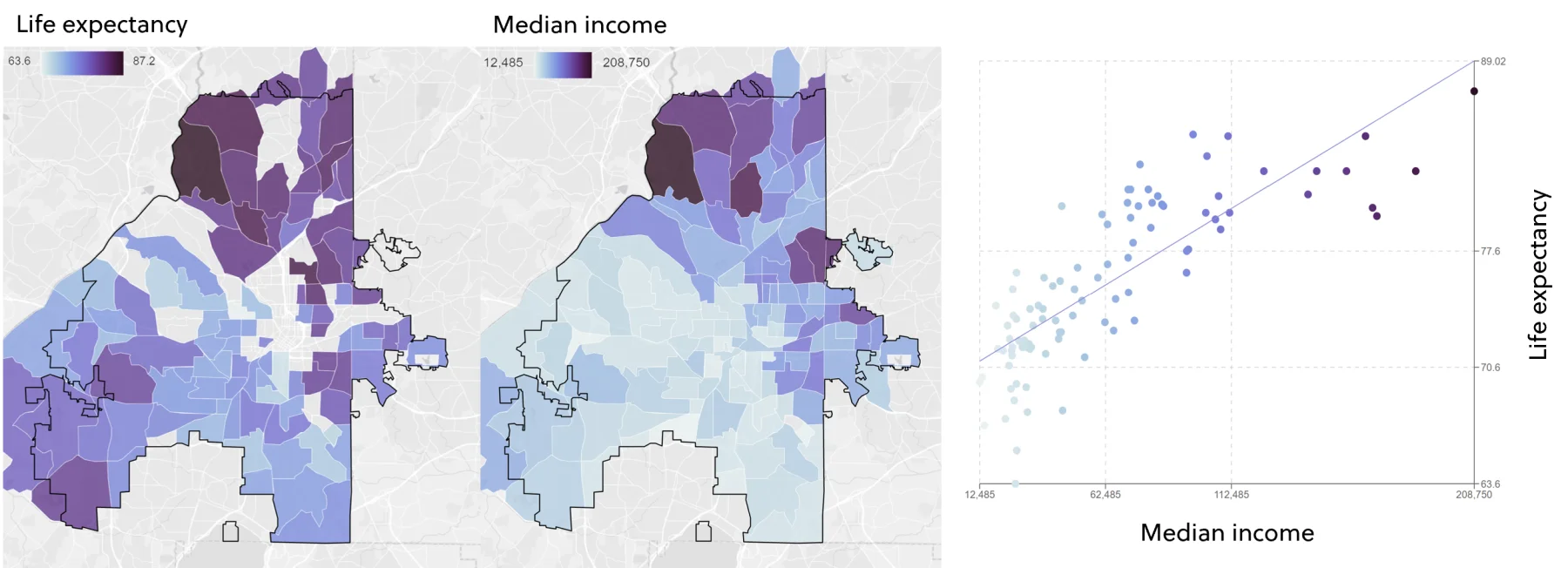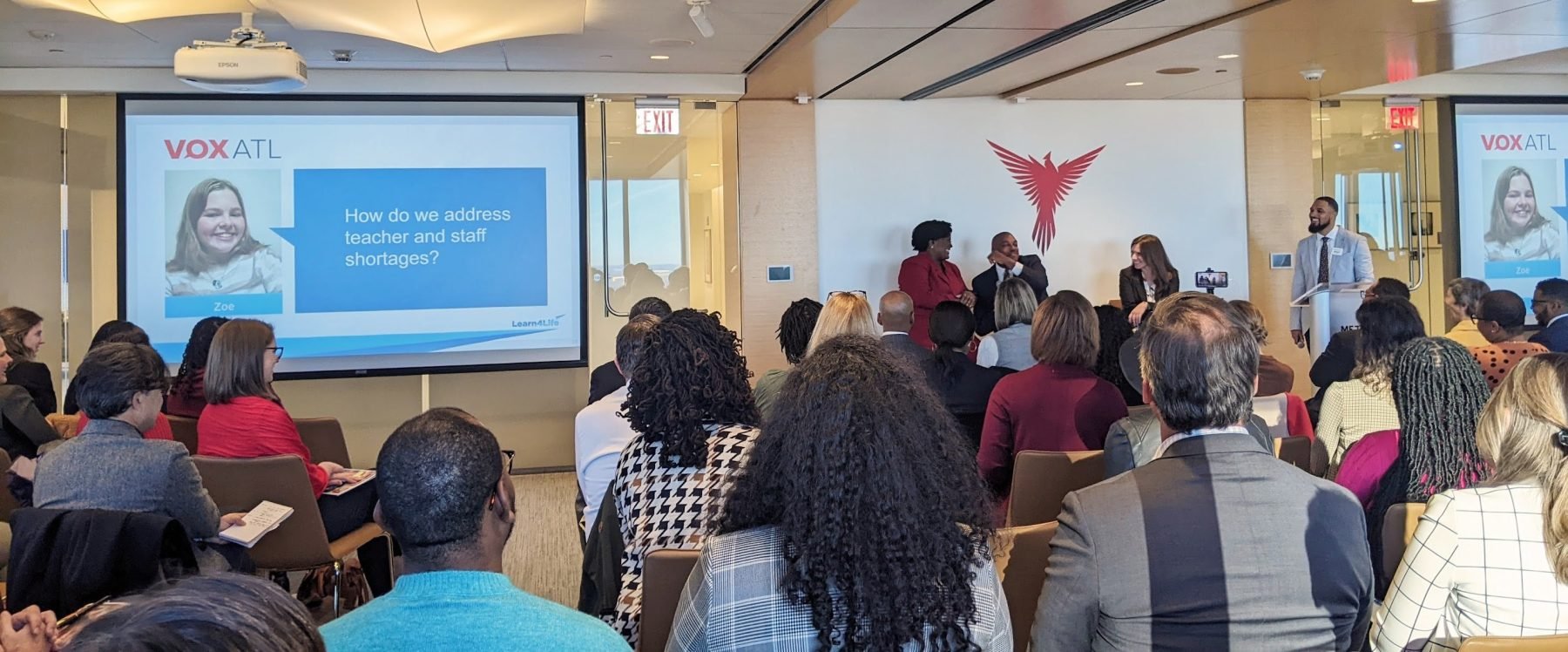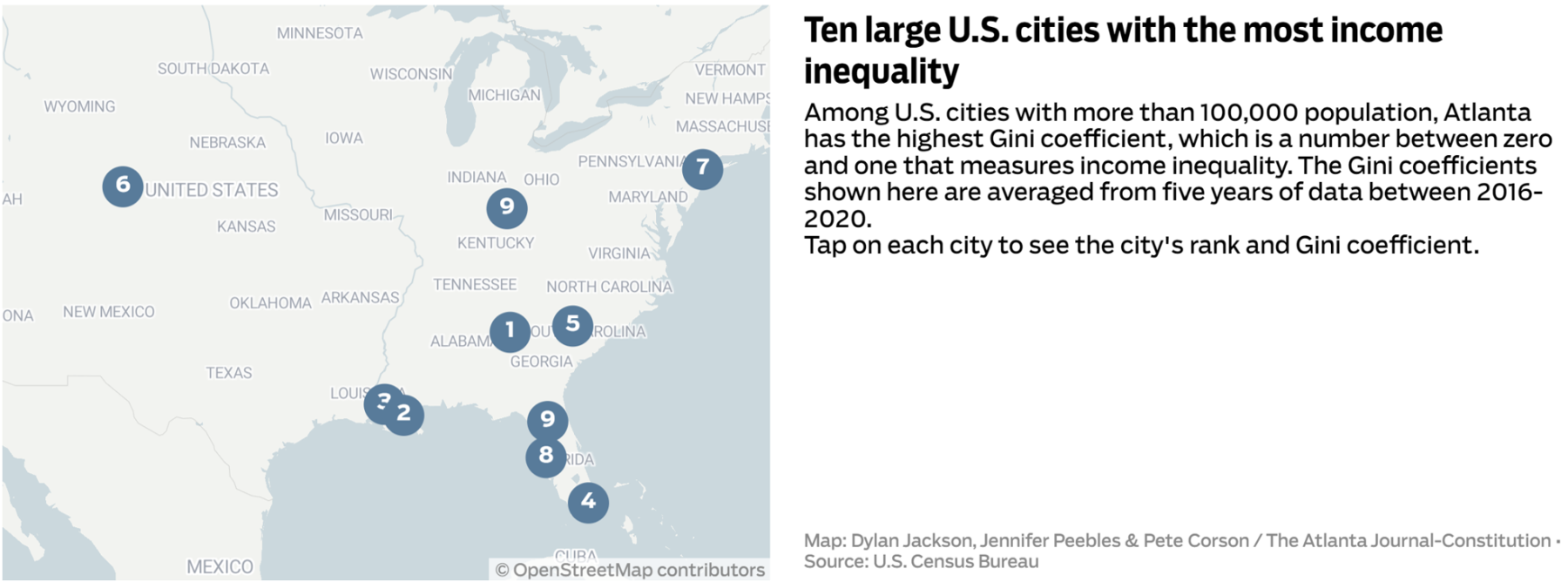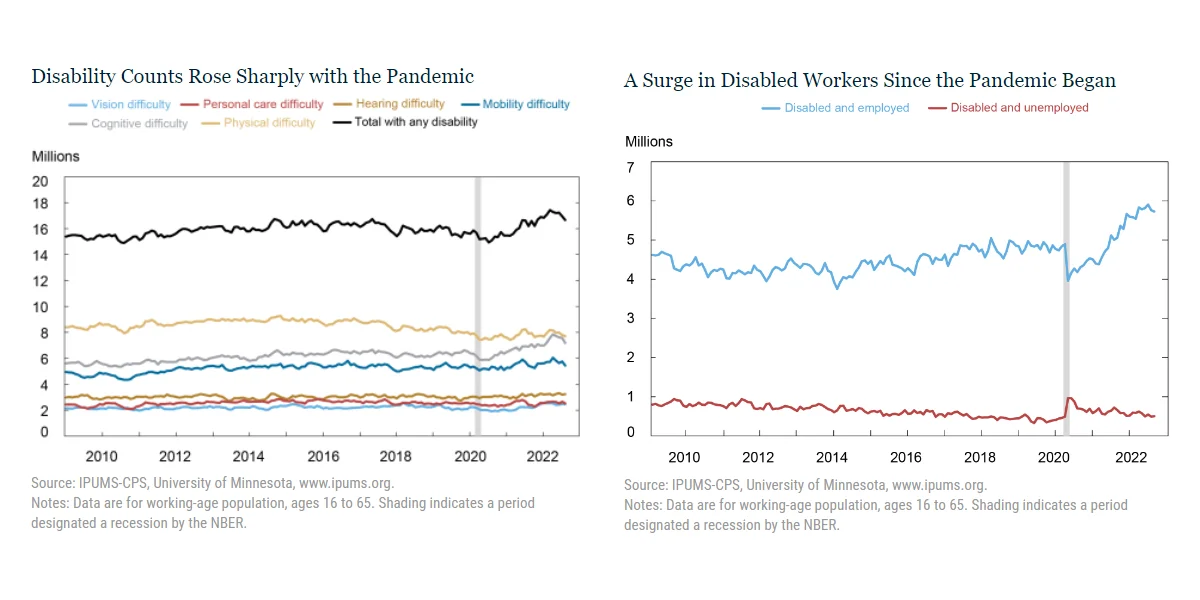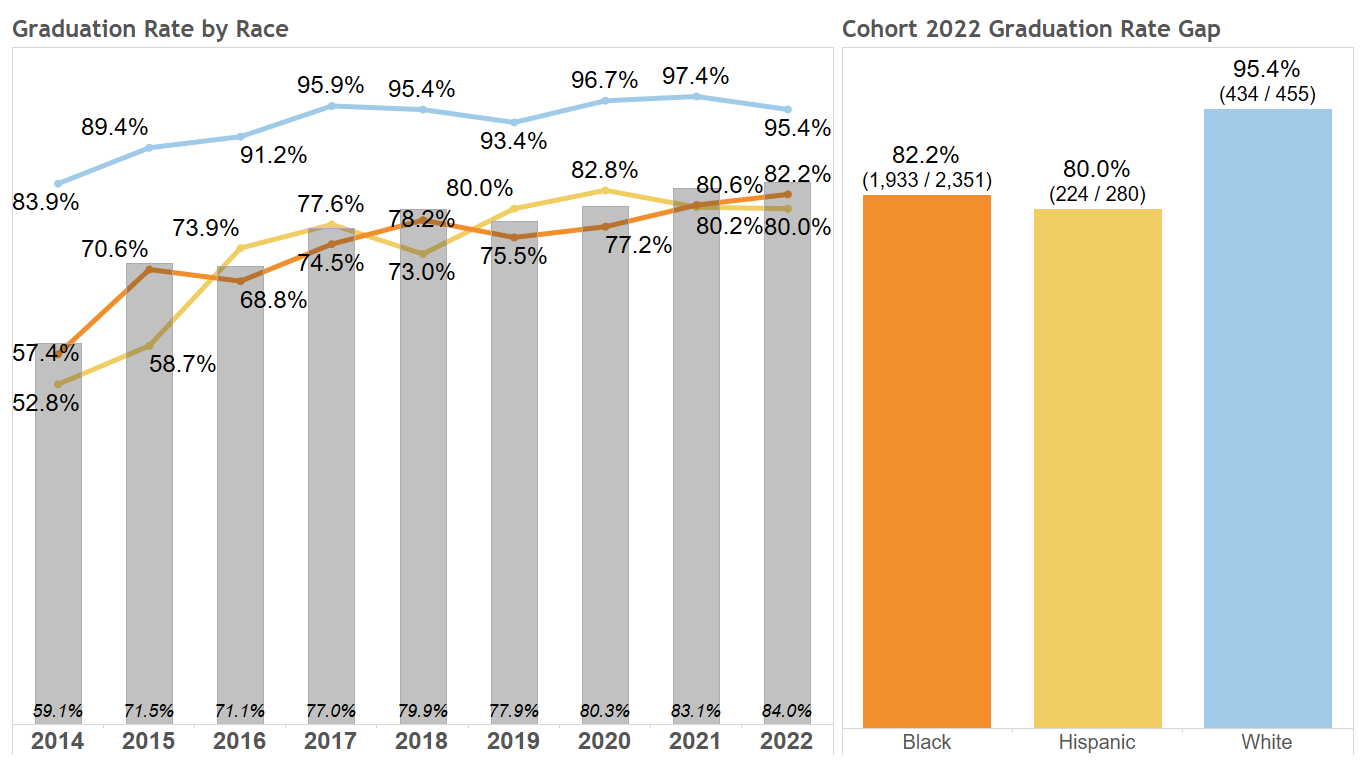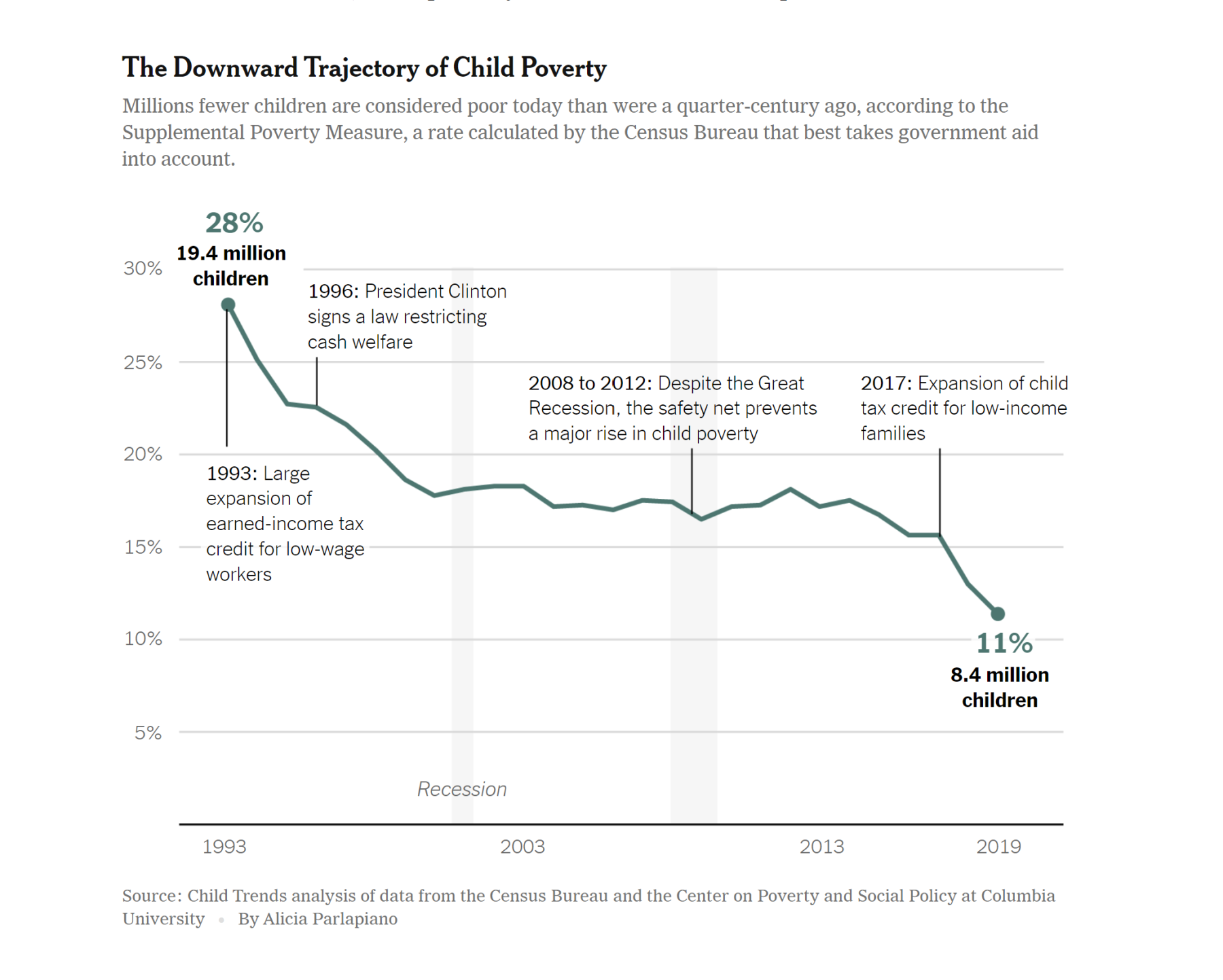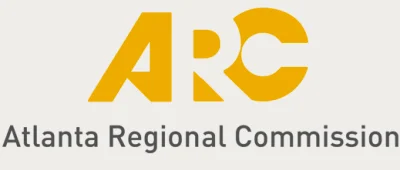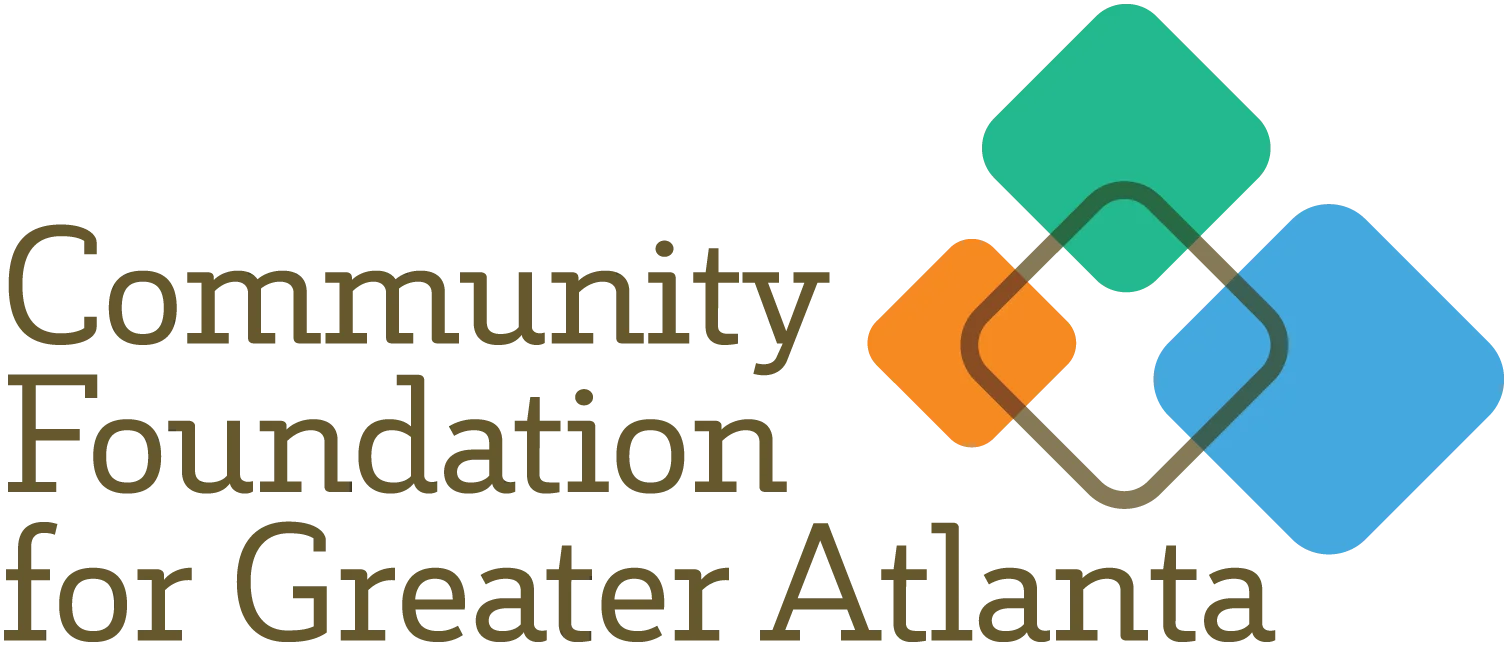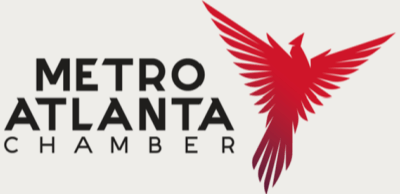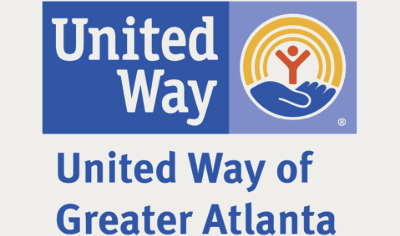In 24% of Georgia counties, at least 10% of the population speak a language other than English at home
Asian Americans Advancing Justice-Atlanta recently published a “Linguistic Diversity in Georgia” report detailing data and recommendations to better serve Georgia’s diverse populations.
- Georgia’s linguistically diverse population is not exclusively concentrated in the state’s most populous counties.
- More than 800,000 Georgians speak Spanish, making up 8 percent of Georgia’s total population.
- To account for gaps in available Census data, stakeholders should look to other sources, such as school data, for more detailed data about languages spoken in a given jurisdiction.
- Language access and linguistic representation is important even to those who self-report as speaking English “very well.”


